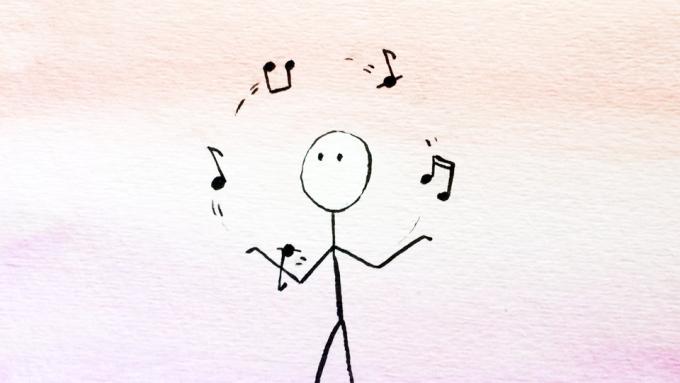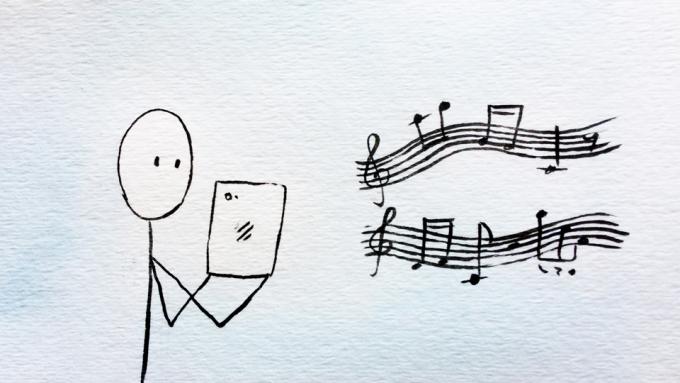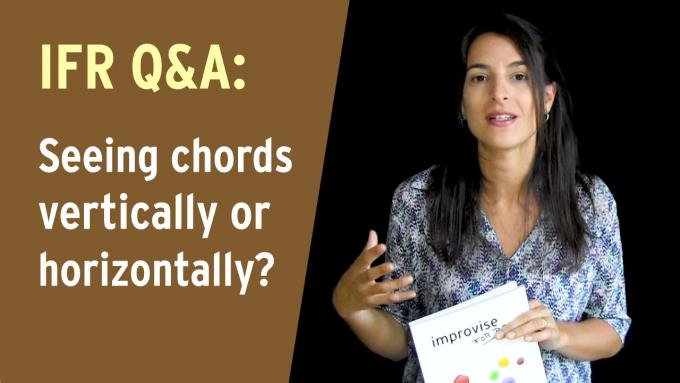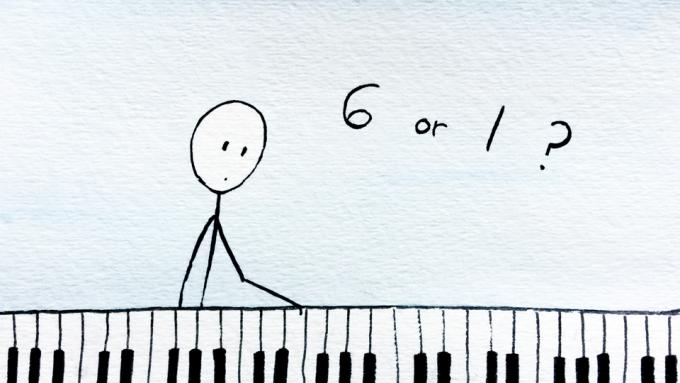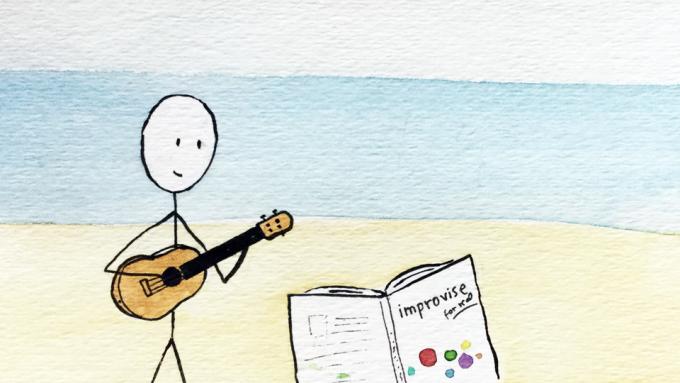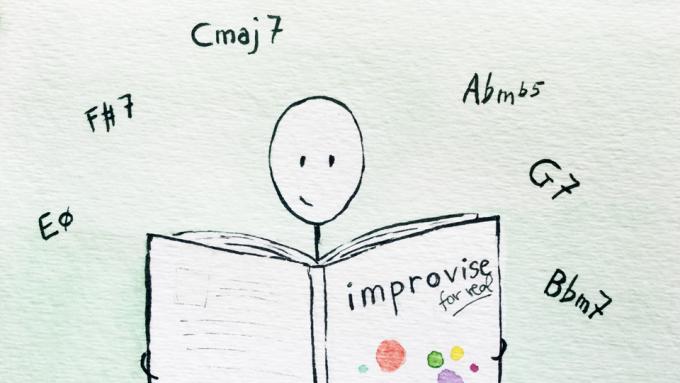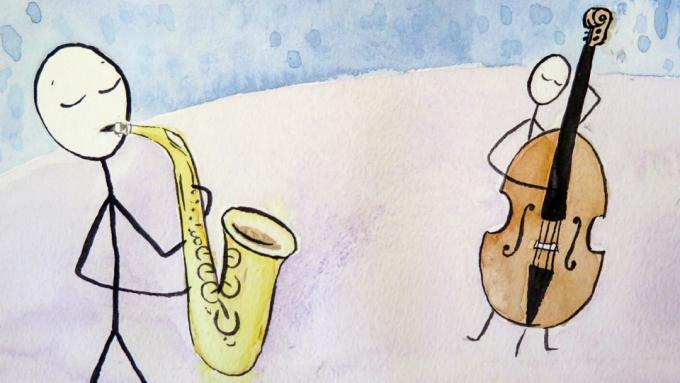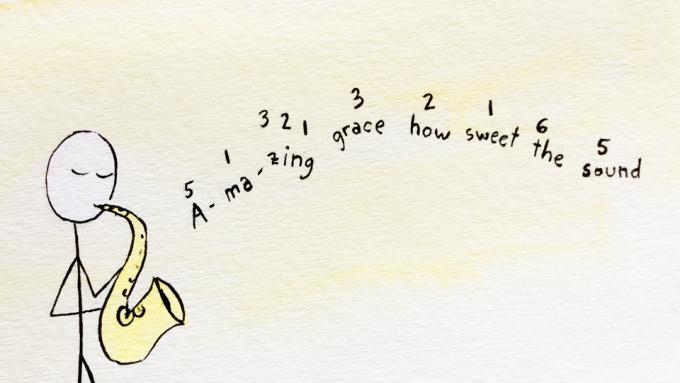I get confused and lose my place in Seven Worlds when I try to improvise too freely with the notes. Can you give me some advice on how to tackle this problem?
Is there an IFR app for reading standard music notation and showing it with the IFR tonal numbers?
A new IFR student asks, "When you improvise over chord progressions, do you think of the chords vertically or horizontally?"
I’m used to calling the root of a minor key “note 1” but I notice you often call it note 6. Why wouldn’t we just call it note 1?
Can the IFR method be applied to the ukulele? How can I visualize the map of notes on the fretboard, given that the strings are tuned out of order?
Do you define the first note you play in your daily meditation exercise to be any note of the major scale? Or do you leave out that awareness of where you are on the tonal map for this exercise?
I notice that at least in the beginning of your method, you don't talk about chord types like major, minor, dominant, diminished. You describe everything only as the ‘1 chord’ the ‘2 chord’, etc. So how will I know how to improvise over songs with chord symbols like A-7b5?
I have problems remembering tunes and I want to feel more confident improvising. I really want to train my ears so I can just pick up a tune instantly and play. What do you think, David?
If I play popular songs like "Amazing Grace" with many different interval jumps in all 12 keys on my sax, is this a good way to practice IFR Exercise 2? Or does this complicate the idea?
I am totally immersed in your system and find that Exercise 2 will keep me busy for the next few months. I practice IFR every day for about one hour. What comfort level should I hope to achieve in Exercise 2 before trying to attempt Exercise 3?
